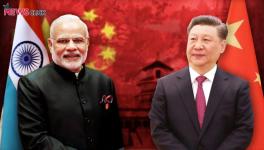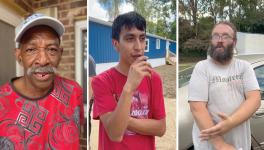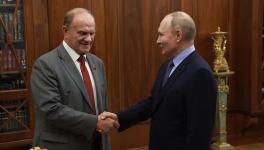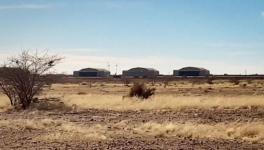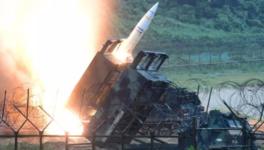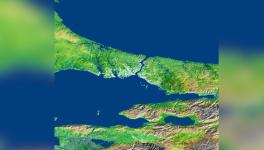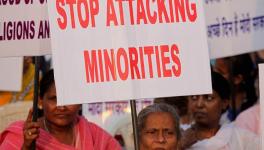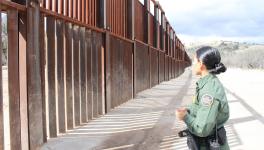Tomgram: Nick Turse, Blowback Central
The other day, Hamid Karzai, the U.S.-supported Afghan president who was once sardonically nicknamed “the mayor of Kabul,” had a few curious things to say about American policy in the Muslim world.
Karzai, of course, is a man whose opinions -- whether on U.S. special operations forces and their (out of control) militias, U.S. night raids on Afghan homes, or U.S. air strikes on Afghan villages -- Washington loves to ignore. He is considered “volatile.” Sometimes, however, it’s worth listening to what our subordinate allies, uncomfortable nationalists-cum-puppets, think and say about us.
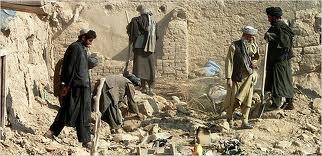
As Josh Rogin reported at the Daily Beast, Karzai recently suggested that, starting in the early 1980s when the Reagan administration and the CIA buddied up with the Saudis and Pakistani intelligence and backed a set of extreme fundamentalist Afghan rebels against the Soviets, the U.S. has been, advertently or not, promoting Islamic radicalism in the Greater Middle East. As Karzai said of that long-forgotten moment, “The more radical we looked and talked, the more we were called mujahedin. The consequence of that was a massive effort toward uprooting traditional Afghan values and culture and tolerance.” In his speech at the 2013 U.S.-Islamic World Forum, he made a case for the ways in which Washington’s destabilization of the region has never ended, provoking ever more extreme blowback as it goes.
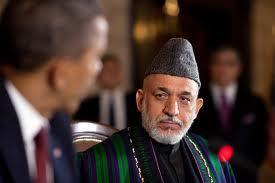
Without a doubt, the central event in the multi-decade fiasco that for a few years was known as the Global War on Terror was the invasion of Iraq, Washington’s preeminent act of folly so far in the twenty-first century. Its disastrous effects have yet to be fully absorbed or assessed. Yet without that invasion, it is hard to imagine a whole series of developments, including the present killing fields in Syria, the potential disintegration of Iraq itself, the Arab Spring, or the spread of extreme Islamic factions ever more widely in a vast region. The irony, of course, is that the Bush administration and the neocon types who set so much of this in motion used to refer to the Greater Middle East from North Africa to the Chinese border disparagingly as “the arc of instability.” Today, it increasingly looks like an arc of chaos and, as Nick Turse indicates, the process, far from ending, seems to be spreading -- in this case, deep into Africa.
Turse, author of the recent bestseller Kill Anything That Moves: The Real American War in Vietnam, has been following the latest U.S. global command, AFRICOM, as it embeds American military power ever more fully on the African continent. (In the process, he has engaged in full-scale public debate with that command over the nature of what it is doing.) Today, he offers a magisterial overview of what can be known about the increasing American military presence in Africa and how it is continuing a now more than three-decade-old process of spurring destabilization, the growth of radical Islamic movements, and blowback in a new region of the planet. Tom
Courtesy: tomdispatch.com
Disclaimer: The views expressed here are the author's personal views, and do not necessarily represent the views of Newsclick
Get the latest reports & analysis with people's perspective on Protests, movements & deep analytical videos, discussions of the current affairs in your Telegram app. Subscribe to NewsClick's Telegram channel & get Real-Time updates on stories, as they get published on our website.









